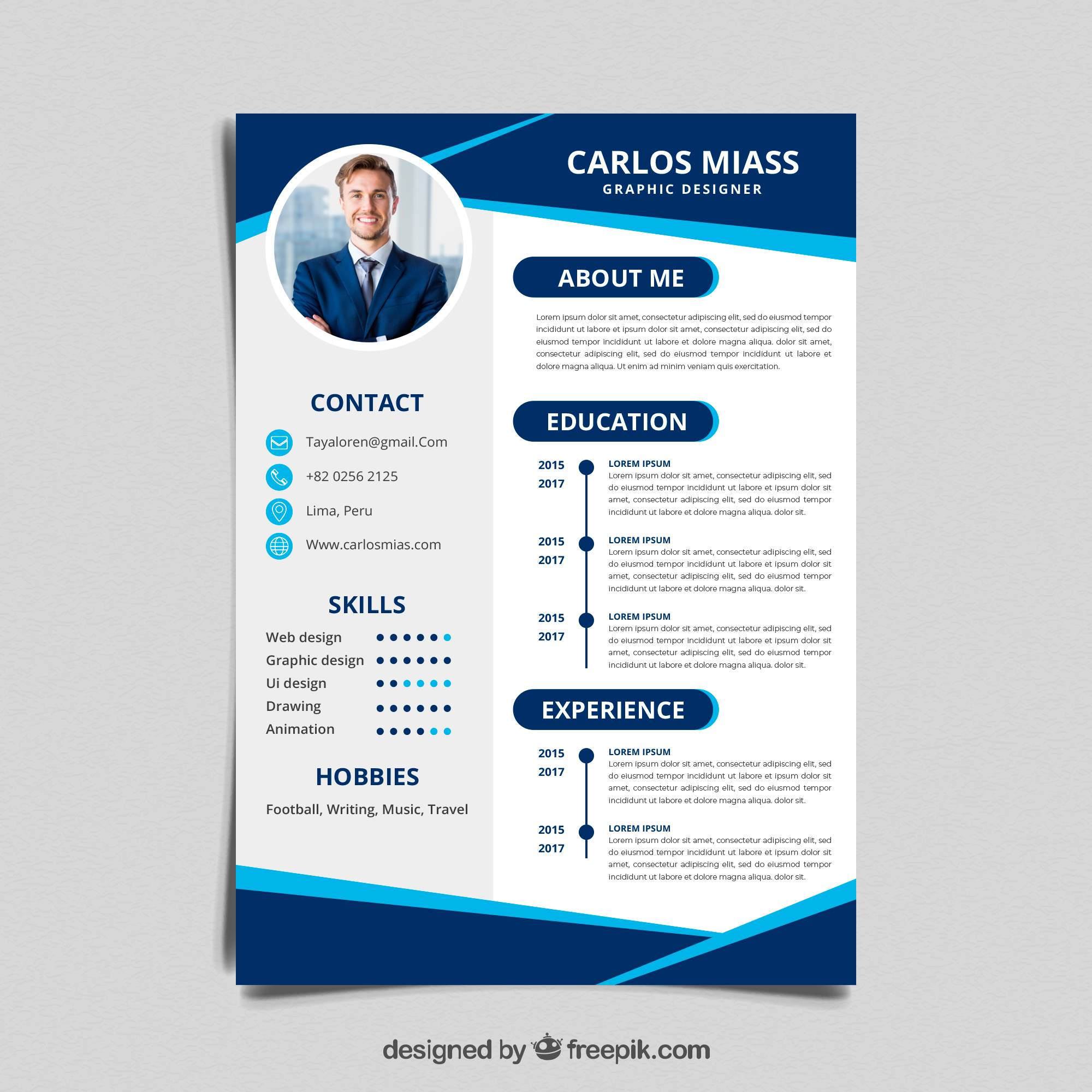In the competitive job market, a well-crafted application is your first impression. It's the key that unlocks doors to potential interviews and career advancements. But what exactly does "well-crafted" mean, and what role does the often-confused duo of CVs and resumes play?
Many use the terms "CV" and "resume" interchangeably, but they're not the same. Understanding the distinction can be the difference between a generic application and one that stands out, showcasing your skills and experience in the best possible light.
Imagine this: you're applying for a research position at a prestigious university. You've dedicated years to your field, published groundbreaking papers, and presented at international conferences. Now, imagine submitting a one-page document summarizing your career. Sounds almost disrespectful to your accomplishments, right? This is where the CV shines.
On the other hand, you might be a recent graduate aiming for an entry-level marketing position. You have limited work experience but possess vibrant energy and a desire to learn. In this scenario, a concise resume highlighting your skills and enthusiasm is the perfect tool.
The key takeaway? Choosing the right document depends entirely on your background and the job you're pursuing. It's about understanding your audience, your career stage, and tailoring your application to resonate with the opportunity at hand.
Let's delve deeper into the differences between a CV and a resume, explore when to use each, and equip you with the knowledge to make the right choice for your job search journey.
CV vs. Resume: What's the Difference?
While both CVs and resumes aim to showcase your qualifications, they differ significantly in length, content, and purpose.
CV (Curriculum Vitae - Latin for "course of life"):
- A comprehensive, detailed document providing a complete history of your academic and professional life.
- Typically two or more pages long, depending on your experience.
- Includes detailed sections on education, research experience, publications, presentations, awards, grants, and other relevant achievements.
- Primarily used in academia, research, and certain specialized fields.
Resume:
- A concise document summarizing your skills, experience, and qualifications relevant to a specific job.
- Ideally one to two pages long.
- Focuses on tailoring content to match the requirements and keywords mentioned in the job description.
- Commonly used for most job applications across various industries.
Choosing the right format depends on the job you're applying for and the expectations of the employer. Research the company culture and industry norms to make an informed decision.
Remember, whether you're crafting a comprehensive CV or a tailored resume, your goal remains the same: to present your skills, experience, and value proposition compellingly and secure that coveted interview.
So, invest time in understanding these differences, and choose the format that best showcases your unique qualifications to potential employers. Happy job hunting!
Fashion over 65 style tips for the modern woman
Exploring the world of free ea sports fc 24 za darmo
Dreamy bedrooms with behr half sea fog
Perbedaan Resume Dan Cv Dan Contohnya Rcfamily Info - Khao Tick On
Perbedaan Cv Dan Resume Lamaran Kerja - Khao Tick On
Apa Perbedaan Resume Dan Ringkasan: Key Differences Explained - Khao Tick On
beda cv dan resume - Khao Tick On
CV dan Resume, Sama Tidak Sih? - Khao Tick On
Perbedaan Resume Dan Cv Dan Contohnya Revolusi Bumi - Khao Tick On
Beda CV dan Resume, Definisi Cover Letter dan Portfolio, Fresh Grad - Khao Tick On
Perbedaan Curriculum Vitae Dan Resume Builder - Khao Tick On
17 Contoh Cv Curriculum Vitae Dan Daftar Riwayat Hidup Yang Baik - Khao Tick On
Beda CV dan Resume, Definisi Cover Letter dan Portfolio, Fresh Grad - Khao Tick On
Ketahui Pengertian, Tujuan, Fungsi, serta Perbedaan Resume dan CV - Khao Tick On
Apa Perbedaan CV dan Portofolio - Khao Tick On
Perbedaan Resume, Portfolio, dan Curriculum Vitae (CV) atau Daftar - Khao Tick On
Perbedaan Portofolio Dan Resume - Khao Tick On
Apa Bedanya Cv Dan Pt Ini 7 Perbedaan Dan Syarat Pendiriannya - Khao Tick On














